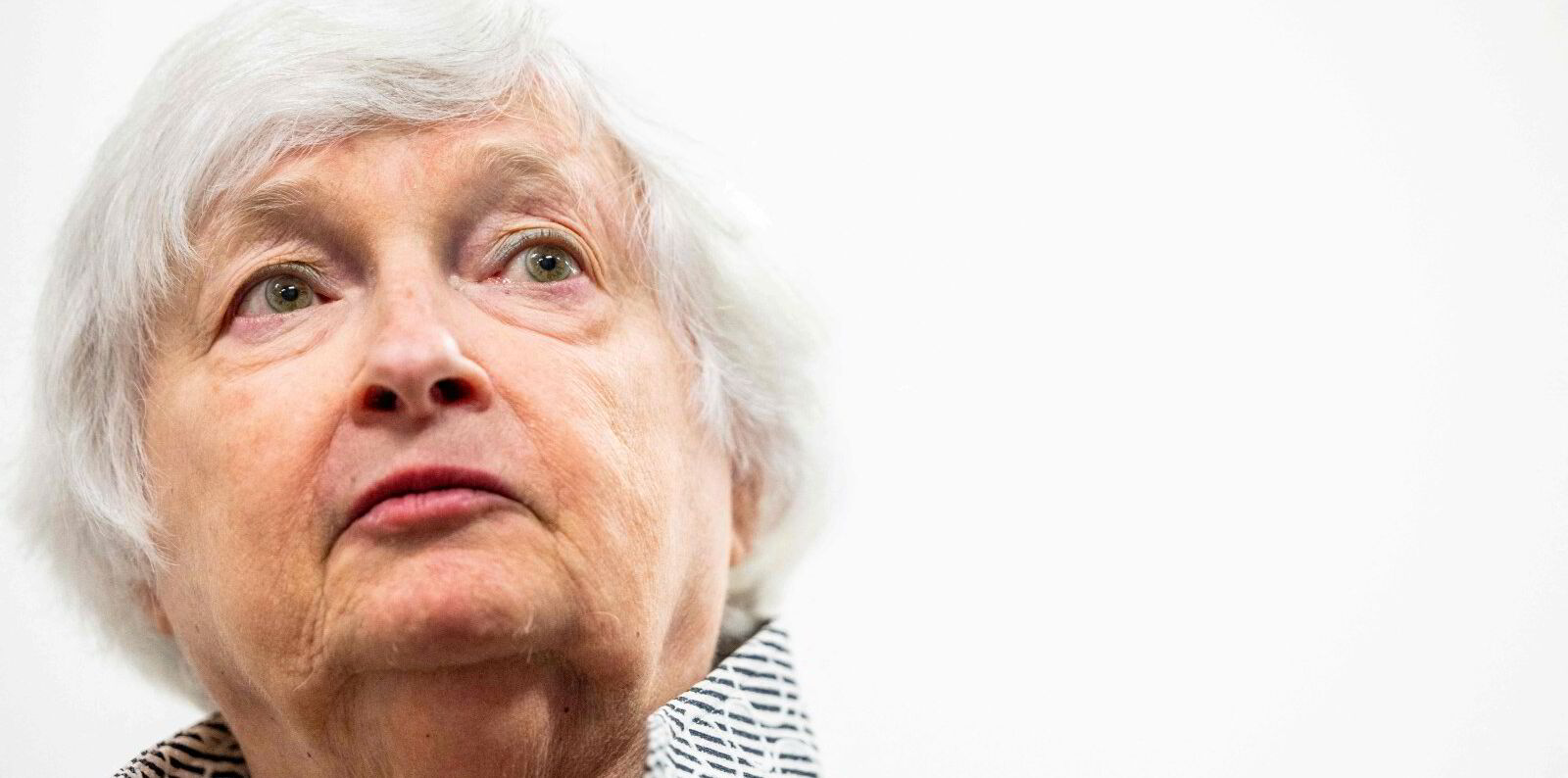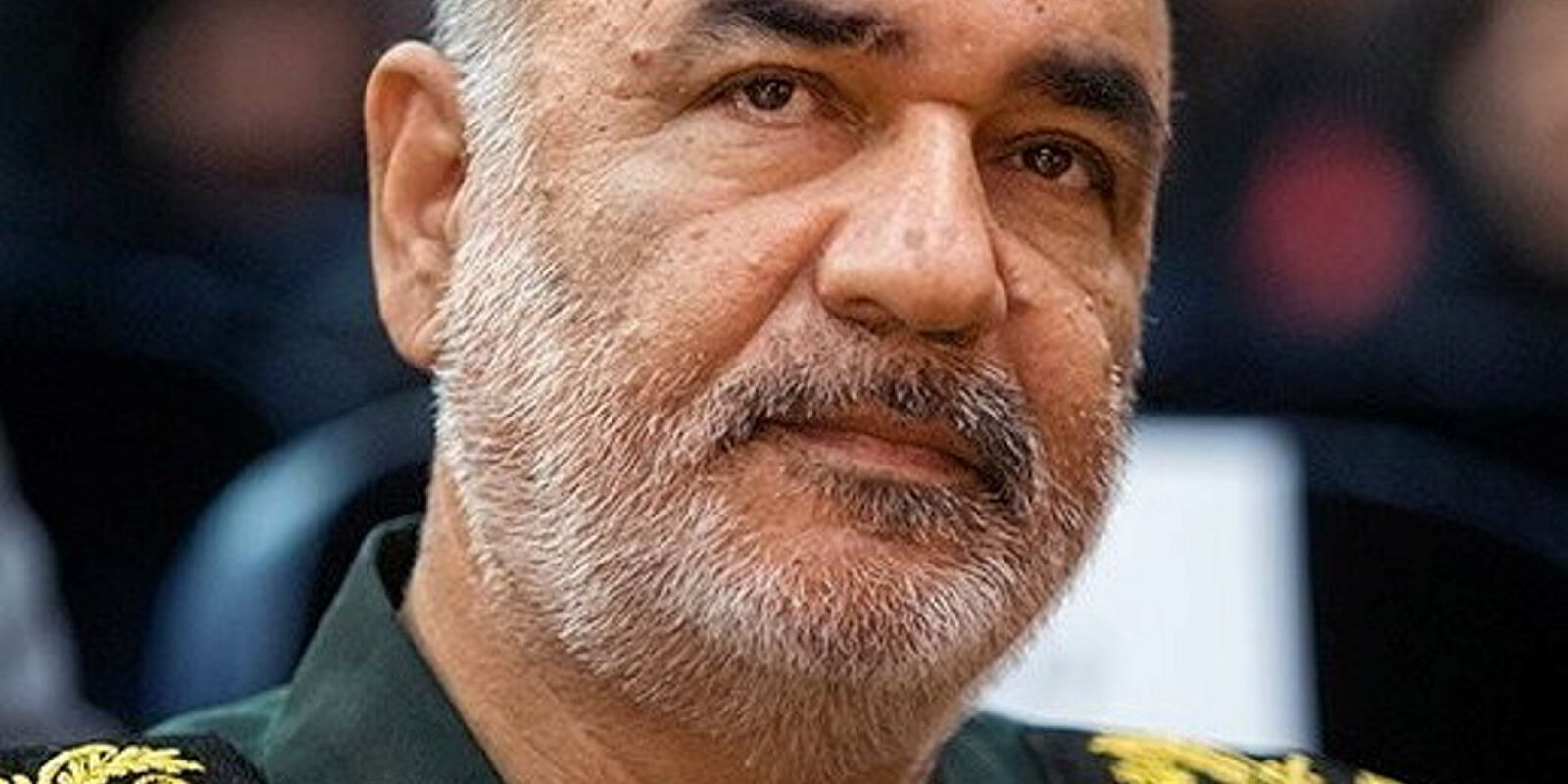With the shipping industry questioning the efficacy of sanctions, a Nato official has declared his support.
Speaking during Pareto Securities’ annual energy conference at the Scandic Holmenkollen Park hotel high above Oslo city centre, Nato veteran Stian Jenssen said he believes Western efforts to hobble Russian oil exports are working.
“They’re not able to diversify their economy,” he said during the keynote address on Wednesday morning.
“I think in the long-term, the sanctions will be a setback ... they have serious, serious issues.”
Jenssen began working at Nato in 2010 and has been director of secretary general Jens Stoltenberg’s private office since 2017.
Since the invasion of Ukraine in early 2022, Western countries have sought to weaken the Russian economy. The US, UK and European Union have levied sanctions on several Russian politicians, business people, companies and ships.
To decrease Moscow’s oil revenues, the G7 implemented a price cap on Russian oil and petroleum products that allow the cargoes to be moved using mainstream shipping services, so long as they are below a certain level.
Russian oil continues to move on the water — data from Kpler shows nearly 84m barrels on vessels, just over 1m more than last year — but much of it appears to be on the ageing, questionably insured ships making up the so-called dark fleet.
Frontline chief executive Lars Barstad said last week that he had lost faith in the ability of sanctions to crack down on these vessels.
“From our side of the equation, we struggle to understand why this trade can even go on,” Barstad said on the tanker owner’s second-quarter earnings call.
“But if you come from a crude-short nation, which needs to refine petrol for your inhabitants, then you will obviously take an opportunity for any barrels that you can get hold of.”
During his address, Jenssen described an international system shifting from a “rules-based global order” to one in which Russia and China want to challenge the US and its allies.
He said free trade is being replaced with protectionism, and democracy with authoritarianism, but noted that in addition to sanctions hurting the Russian economy, China is projected to have demographic issues.





